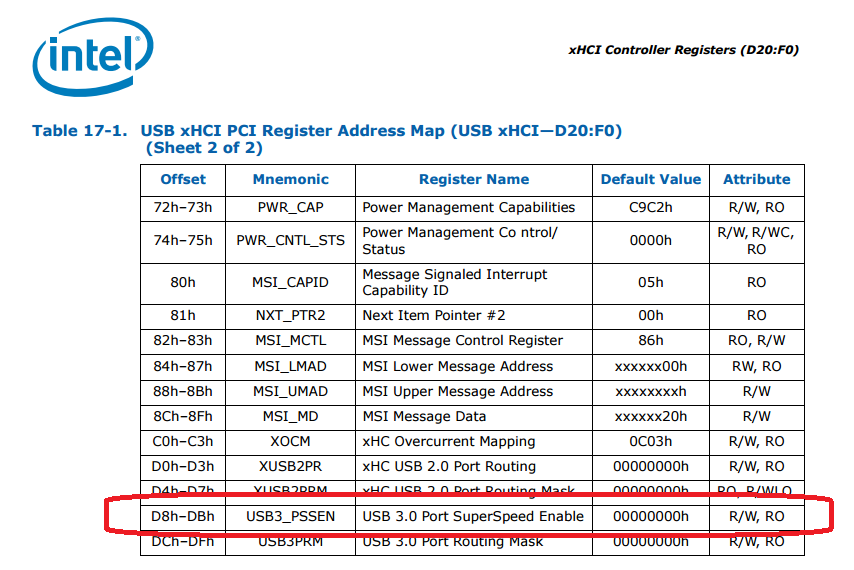Problem:
Power Cycling USB peripheral causes TUSB7340 to not report correct bandwidth available.
We are seeing a problem similar to the one described here: https://e2e.ti.com/support/interface/digital_interface/f/130/t/239930
]
[Steps Needed to Recreate Problem:
When we repeatedly reset modems so that they disappear off the bus and must be reenumerated - we do this quite regularly in our software to recover from edge case conditions. The TI chip starts returning "Not enough bandwidth for new device state." errors after about 10 minutes of resetting.
We need a fix or workaround.
We are using Debian Linux.
]


